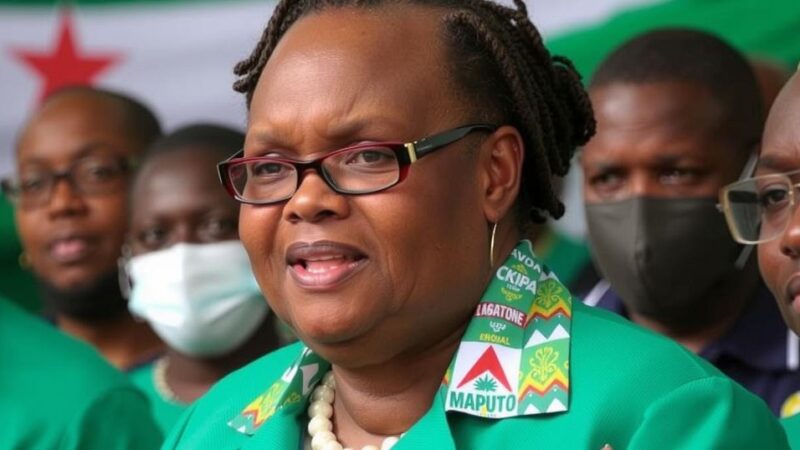The article examines the electoral challenges faced by the Democratic Party, particularly Vice President Kamala Harris’s campaign, within a global context of incumbent losses. While incumbents faced historic defeats worldwide, the Democrats’ situation was comparatively stable. Economic conditions and public dissatisfaction contributed to these election outcomes, reflecting a significant wave of electoral change that may affect future campaigns.
As the aftermath of the recent elections unfolds, attention has turned to Vice President Kamala Harris’s campaign as analysts seek to identify the specific factors that contributed to her defeat. While domestic issues undoubtedly played a role, a broader investigation of global electoral patterns reveals that Harris faced substantial challenges which indicate that the Democratic Party’s performance was somewhat anomalous. This year, historical voter turnout is anticipated, with the majority of the global electorate expressing dissatisfaction with their governments. In the democratic nations that held elections this year, over 80 percent experienced losses for the incumbent parties, a phenomenon seen across various regions and types of democracies. Notably, significant defeats occurred in Japan, Botswana, and South Africa, where long-standing incumbents lost their majority, while in Senegal, an opposition candidate triumphed in the presidential election for the first time since independence in 1960. Furthermore, in Sri Lanka, the opposition gained a decisive victory following mass protests, highlighting a critical shift in political sentiments across the globe. The pattern of incumbent losses extends beyond the scope of the United States, where Democrats, while experiencing setbacks, performed comparatively well. According to the Financial Times, the Democratic Party faced one of the least severe declines in vote share among incumbent parties in higher-income democracies this year. Notable near victories in swing states and a fortified position in the House of Representatives signal a relatively stable outcome given the global context. A potential explanation for the Democrats’ relatively mild losses may lie in the performance of the U.S. economy. Unlike many nations grappling with significant inflation or stagnation post-COVID-19, the U.S. has exhibited substantial GDP growth and improvements in real wages. However, public discontent remains significant, particularly over inflation and housing costs, overshadowing Democrats’ aims to emphasize economic successes like low unemployment and rising wages. It is worth noting that the few incumbent governments that successfully retained power did so by emphasizing national security issues, such as crime and international threats. In contrast, while immigration was a principal topic in the U.S., broader national security concerns did not command as much attention during the electoral campaign. Ultimately, the Democratic Party’s struggles reflect a broader global trend of public discontent leading to losses for incumbents. Economic anxiety has proven detrimental; however, with the passage of time, Democrats may find a silver lining in future electoral possibilities as they will no longer be the incumbents at that juncture.
The article discusses the recent electoral challenges faced by the Democratic Party, particularly focusing on Vice President Kamala Harris’s campaign and how these reflect a larger global trend of diminishing support for incumbent parties. It highlights significant electoral losses for incumbents in democracies around the world, underscoring a wave of public discontent tied to economic challenges that have intensified since the pandemic. This critical analysis situates the Democratic Party’s performance within this global context, revealing insights into how external factors may have influenced local elections.
In conclusion, the electoral landscape for 2023 reveals a widespread discontent with incumbent parties, a trend exemplified by the Democratic Party’s challenges in the recent elections. While Democratic losses are notable, they appear relatively contained compared to the experiences of many other democracies. Looking ahead, the current configuration may offer the Democratic Party a strategic advantage, as they will not be incumbents in upcoming elections, possibly allowing for a reset in public perception and voter engagement.
Original Source: abcnews.go.com






